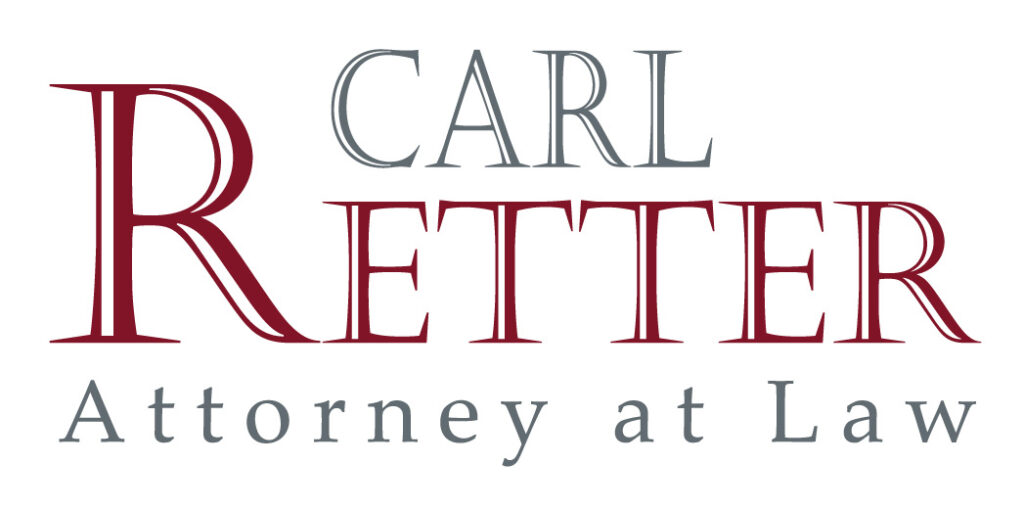How Does Debt Settlement Affect My Credit Report?
The impact debt settlement may have on your credit report will largely depend on how the settlement is reported, or if it is reported at all. Credit scores are not an exact science. They often differ wildly between the 3 major credit bureaus (Experian, Equifax & Transunion). And the credit report may not reflect recent activity or may have errors.
How To Look Up Your Case for an Arizona Lawsuit?
The vast majority of debt lawsuit cases in Arizona will be filed in Justice Court or Superior Court. Below are links to the court’s websites.
- Maricopa County Justice Court Case Lookup
- Maricopa County Superior Court Case Lookup
- Arizona Courts Case Lookup
What is a Charge-off on My Credit Report?
A charge-off means your account is delinquent and the credit card company is viewing it as a business loss. In other words, they’ve figured out that you aren’t going to be paying them anytime soon and it’s sort of an in-house shuffle of your account to a different status or department. Typically, a bank will only charge-off an account after several months of not making at least the minimum payment. Many credit card companies do a charge-off after 180 days or six months of delinquency and attempts to collect.
What is The Difference Between a Mortgage and a “Deed of Trust” in Arizona?
A mortgage involves only two parties: the lender and the borrower. The mortgage secures the promissory note, or loan. The mortgage also gets recorded with the county recorder and acts as a lien against the property. The main difference between a mortgage and a deed of trust comes into play when a borrower defaults on the loan. If the borrower defaults on the loan, the lender will initiate a foreclosure proceeding. Except, with mortgages it is a judicial process, which means the courts are involved. Essentially, the lender must sue the borrower and prove that it is entitled to foreclose on the property.
With a deed of trust, there are actually three parties to the document: the borrower, the lender and the trustee. The trustee holds title to the property until the borrower fully repays the loan. During that time, the deed of trust acts as a lien against the property. The borrower is technically listed as the owner of record for purposes of property taxes, HOA dues, etc.
If the borrower repays the loan in full, then a deed of release and reconveyance is recorded with the county recorder by the trustee. That reconveys the title to the borrower free and clear of the lien.
If the borrower does not repay the loan as agreed, the lender may initiate a trustee’s sale (most people refer to this as a foreclosure). In a trustee’s sale, the trustee is instructed by the lender to sell the property at auction to the highest bidder to satisfy the loan balance. The trustee’s sale process is non-judicial, which means that typically it does not involve the courts. It is a relatively quick process (90 days) that involves recording certain documents with the county recorder and holding an auction, among other things.
What is the Mortgage Debt Statute of Limitations in Arizona?
Under Arizona law, a mortgage lender has 6 years to initiate a foreclosure or sue you (if they’re allowed), once you default on a loan. Where you are in the process and how much equity your home has or doesn’t have will affect the ability settle a second mortgage.
